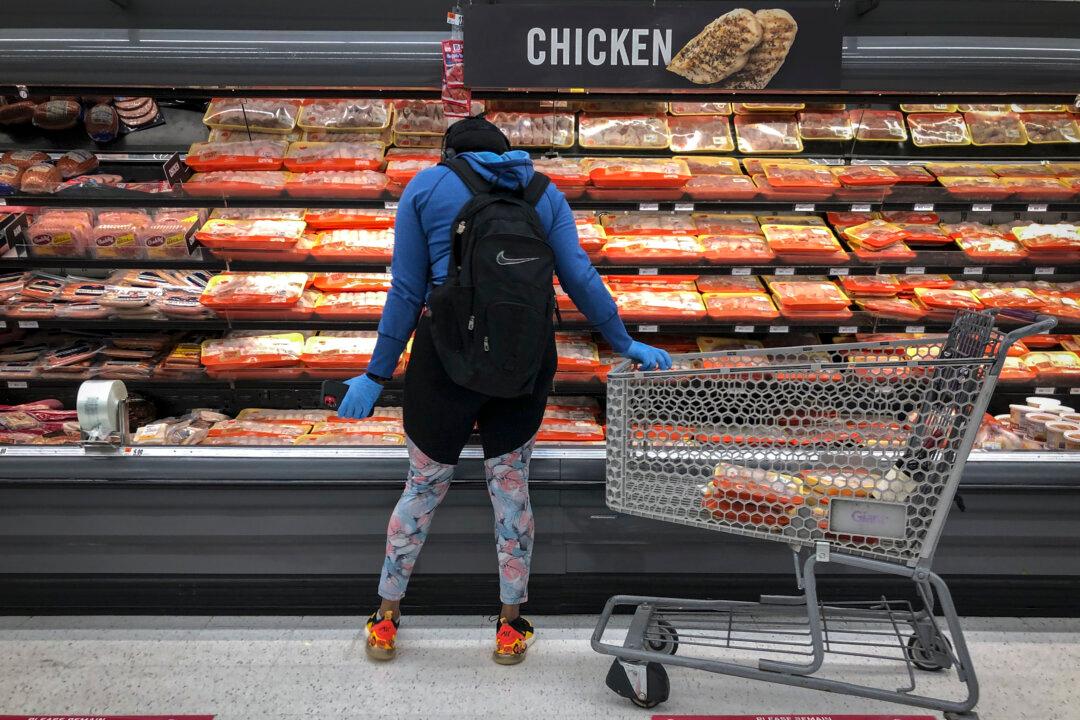The great toilet paper shortage of 2020 is seared in the minds of all who experienced it, but current supply chain pressures have not translated into widespread hoarding in Pennsylvania, although some stores are starting to limit the number of certain paper products.
While supply chain challenges have been ongoing since the onset of the pandemic, it has become more pronounced in the last three months, according to Andrea Karns, vice president of marketing at Karns Foods, a grocery chain with nine locations in the Harrisburg, Pennsylvania area.





